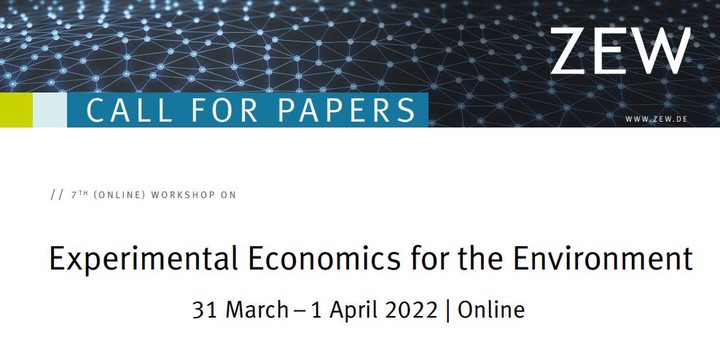Experimental Economics for the Environment (online at ZEW)

Abstract
During a hurricane, it is vital that individuals receive communications that are easy to process and provide sufficient information to allow informed hurricane evacuation decisions and prevent loss of life. Without satisfactory and complete information, an individual is likely to miscalculate their personal risk or even potentially be moved to inaction. However, much recent research has shown an over-reliance on the currently-utilized Saffir-Simpson Hurricane Wind Scale (SSHWS) despite the fact that it only captures one aspect of a hurricane (the wind threat). Communications campaigns have been attempting to bridge this divide by providing additional information, but the importance of a category cannot be escaped. As such, researchers have begun to formulate more holistic hurricane classification systems that account for water-based hazards, the biggest killer in hurricane events. These scales have not been previously tested on a large scale to determine their usability and clarity as a practical risk communication tool. This study will observe the efficacy of the Tropical Cyclone Severity Scale, or TCSS (Bloemendaal et al., 2021), in practice and its viability as a wide-reaching communications tool. We will distribute a survey via an online survey tool within the TC-prone areas of the United States to adults. The design will utilize hypothetical TC events based on STORM (Bloemendaal et al.,2020) to encourage evacuation roleplaying. The information gained from this study will be leveraged to influence emergency planning and risk communication in the formation of a nationwide scale that best serves the public.